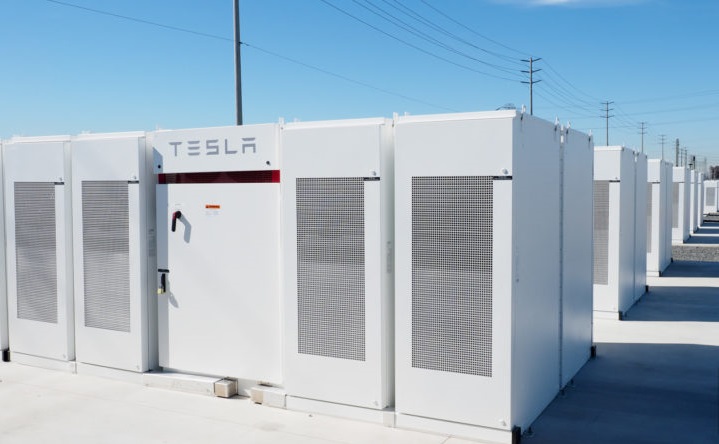
Dec . 21, 2024 06:39 Back to list
hydrogen energy storage system suppliers
Hydrogen Energy Storage System Suppliers Driving the Future of Renewable Energy
As the world increasingly turns its attention to renewable energy solutions, hydrogen energy storage systems have emerged as a critical component in the quest for a sustainable future. These systems are not only a key technology for storing excess energy from renewable sources, such as solar and wind, but they also play a crucial role in balancing supply and demand in the energy market. A growing number of suppliers are entering the market, each offering innovative solutions designed to harness the power of hydrogen.
Understanding Hydrogen Energy Storage
Hydrogen energy storage systems convert electricity into hydrogen through a process called electrolysis. In this process, water is split into hydrogen and oxygen using electricity. The hydrogen produced can then be stored and later converted back into electricity through fuel cells or used directly in various applications, including transportation and industrial processes. This technology offers a way to store energy for long periods, making it an attractive option for addressing the intermittency issues associated with renewable energy sources.
Key Players in the Market
The hydrogen energy storage sector is becoming increasingly competitive, with both established companies and startups entering the field. Some of the prominent suppliers include
1. Plug Power A leader in the hydrogen fuel cell market, Plug Power has developed solutions for hydrogen storage and distribution. The company focuses on integrating hydrogen systems within the logistics and transportation sectors.
2. Air Liquide As a global leader in gases, technologies, and services for industrial use, Air Liquide is heavily involved in hydrogen production and storage. They provide advanced solutions for various applications, ranging from industrial uses to clean energy and mobility.
3. Nel Hydrogen Specializing in hydrogen production, storage, and distribution, Nel Hydrogen offers a range of products, including electrolyzers and refueling stations. Their technology aims to facilitate the transition to green hydrogen, produced from renewable sources.
4. Siemens Energy Siemens is developing innovative solutions for hydrogen production and storage, focusing on integrating hydrogen technologies with their existing energy solutions. They are also involved in large-scale projects aimed at developing hydrogen infrastructure.
hydrogen energy storage system suppliers

5. Thyssenkrupp This industrial giant provides electrolysis systems for hydrogen production, targeting large-scale applications in various industries. They are committed to supporting the hydrogen economy through their advanced technologies.
Innovation and Future Trends
The hydrogen energy storage market is characterized by rapid innovation. Suppliers are continually developing new technologies to enhance efficiency, reduce costs, and ensure safety. For instance, advancements in electrolyzers are making the electrolysis process more efficient, while improvements in storage materials are enabling safer and more compact hydrogen storage solutions.
Another trend is the increasing collaboration between companies and governments to foster the hydrogen economy. Partnerships are being formed to develop hydrogen infrastructure, including pipelines, refueling stations, and distribution networks. These collaborations are crucial for creating a seamless transition to hydrogen-based energy systems.
Challenges Ahead
Despite the promising future of hydrogen energy storage, several challenges must be addressed. The cost of hydrogen production and storage remains a significant barrier to widespread adoption. While prices have been decreasing, the continued need for investment in infrastructure and technology development is essential.
Furthermore, the environmental impact of hydrogen production methods needs to be considered. While green hydrogen, produced from renewable sources, is the ultimate goal, a significant portion of hydrogen currently available is produced from fossil fuels through processes like natural gas steam reforming. Transitioning to 100% green hydrogen will require substantial advancements in renewable energy generation and distribution.
Conclusion
As the world moves towards a more sustainable energy future, hydrogen energy storage systems are poised to play an integral role in the global energy landscape. The increasing number of suppliers entering the market is a testament to the growing interest and investment in hydrogen technologies. While challenges persist, the ongoing innovation and collaboration in the sector signal a promising path forward. By addressing these challenges, hydrogen energy storage systems can become a cornerstone of clean energy systems, facilitating the transition to a low-carbon future.
-
Advanced AI Energy Management with GPT-4 Turbo
NewsAug.02,2025
-
AI-Powered EMS with GPT-4-Turbo | Efficiency Boost
NewsAug.01,2025
-
Optimized Storage System for GPT-4-Turbo | High Performance
NewsJul.31,2025
-
AI Energy Management System w/ GPT-4 Turbo Efficiency
NewsJul.31,2025
-
High-Performance Energy Storage System for Reliable Power Solutions
NewsJul.30,2025
-
Advanced EMS Solutions for Energy Management System & Storage Battery Companies
NewsJul.29,2025























